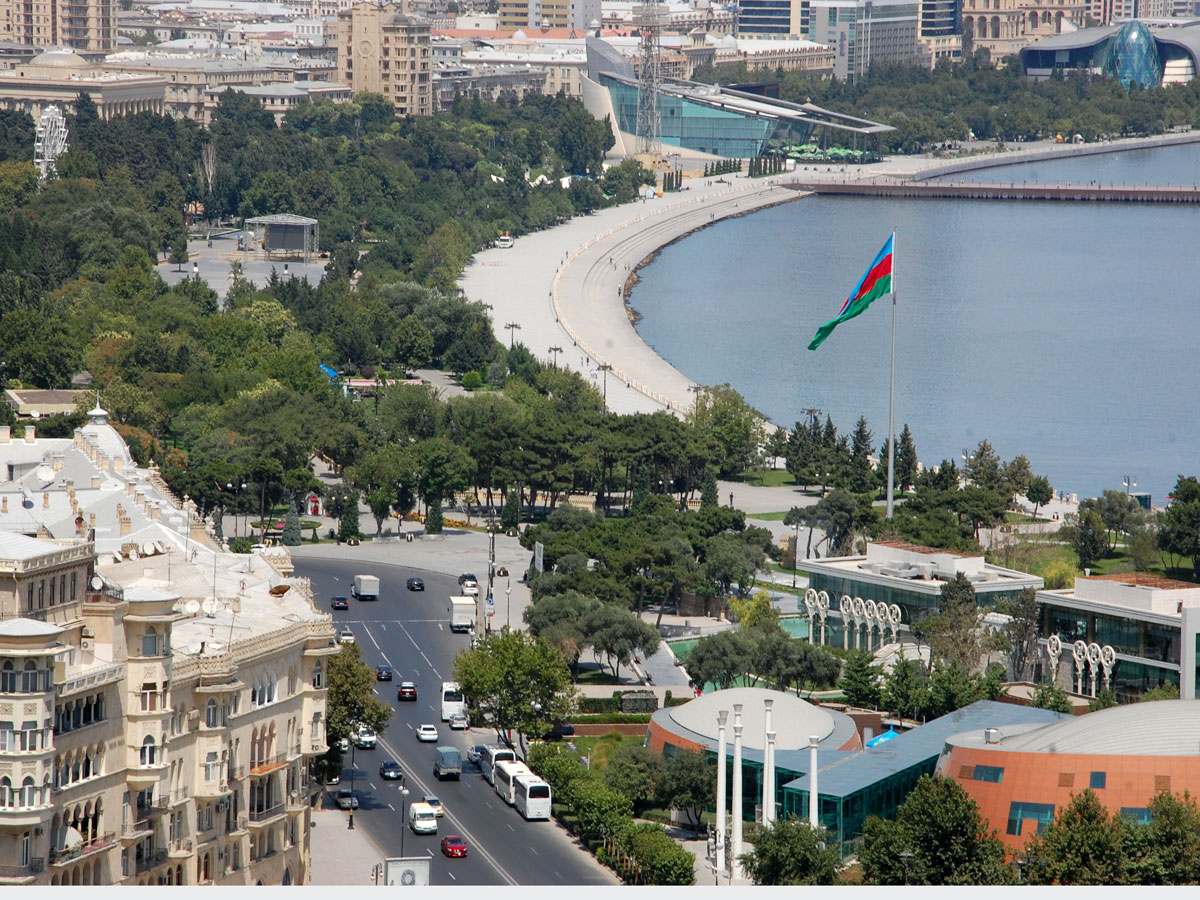Baku, Azerbaijan, Oct. 25
Trend:
Azerbaijan is key to Europe's energy security, said Art McHaffie, a former senior Amoco executive and now an honorary consul for Azerbaijan, chron.com reported.
"When I first arrived in Azerbaijan in November 1994, assigned by the U.S. oil company Amoco Corporation to a joint venture consortium, signs of economic crisis were everywhere. Grocery store shelves were bare. Infrastructure was in decay after years of neglect under Soviet rule. Now, more than 20 years later, Azerbaijan and its capital Baku are hubs of economic activity, providing the West with a reliable trade and energy ally in an uncertain region. The country's oil and gas industry has largely driven its transformation and growth."
"In the mid-1990s, after restoring domestic order and forging a ceasefire with Armenia, then-Azerbaijani President Heydar Aliyev made oil a national priority. Amoco and nine other companies joined with Azerbaijan's state energy company, SOCAR, in a billion-dollar bet to develop oil in the Caspian Sea. At the time, this deal was referred to as the "contract of the century," bringing economic potential to Azerbaijan and the region."
"Last month, the consortium partners of the original agreement expanded and renewed their collaboration for another 25 years. The original deal helped Azerbaijan prosper. Today's deal will offer Europe long-term energy security. It is critical that Europe diversify its energy resources and engage multiple sources and modes of delivery. The latest deal, signed in September and anchored by Azerbaijan, assures both."
"In addition to SOCAR, the consortium now includes BP (which bought Amoco in 1998) from the U.K., ExxonMobil and Chevron from the U.S.; Inpex and Itochu from Japan; Statoil from Norway, TPAO from Turkey and ONGC Videsh from India. The consortium operates in the Caspian Sea's Azeri-Chirag-Guneshli (ACG) field, about 75 miles off the coast of Azerbaijan, the largest source of the country's oil production. Azerbaijan's bountiful Caspian fields were untapped during the Soviet occupation because the USSR lacked the required capital and deep-water technology."
The author further notes that since the contract of the century was signed, the ACG field has produced about three billion barrels of oil along with associated natural gas.
"The success of the first billion-dollar oil project paved the way for additional tens of billions of dollars in investments by Western oil companies. With the guidance of current Azerbaijani President Ilham Aliyev, many additional projects followed the initial contract, including the full-field development of the ACG complex, the Baku-Tblisi-Ceyhan main export pipeline to the Mediterranean Sea, development of the giant Shah Deniz natural gas field and the construction of the Southern Gas Corridor to transport natural gas from Azerbaijan to Europe."
"President Ilham Aliyev also led the renegotiation of the latest deal. Under it, the consortium partners will pay Azerbaijan $3.6 billion and SOCAR's stake will increase. It's a good deal for Azerbaijan and a great deal for Europe."
"The contract of the past century helped Azerbaijan achieve wealth and prosperity that was barely imaginable when I arrived in 1994. The contract of this century will help Europeans sleep a little easier on cold winter nights, knowing they are not completely dependent on a unilateral, arbitrary Kremlin for their energy needs." he said.






